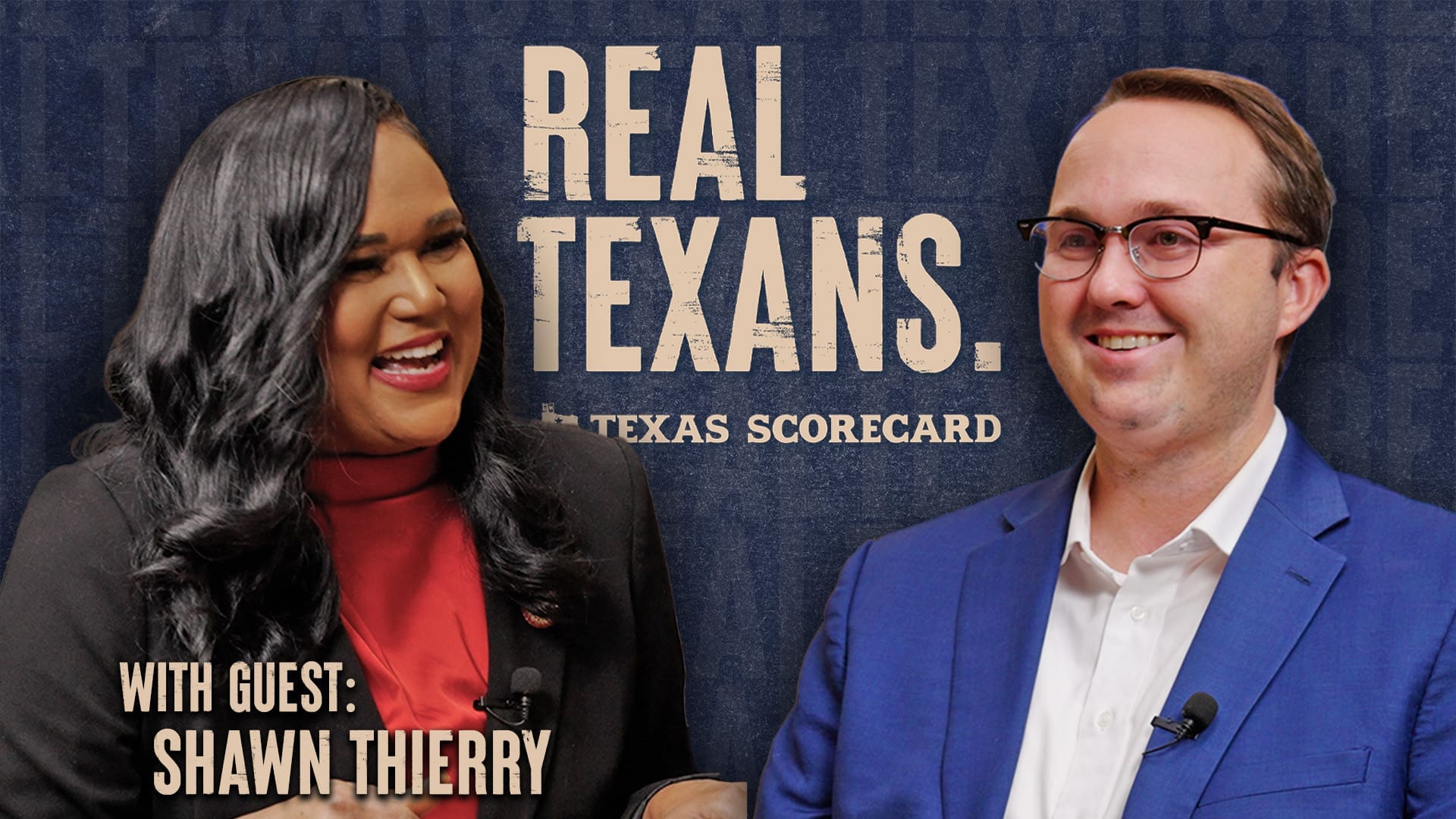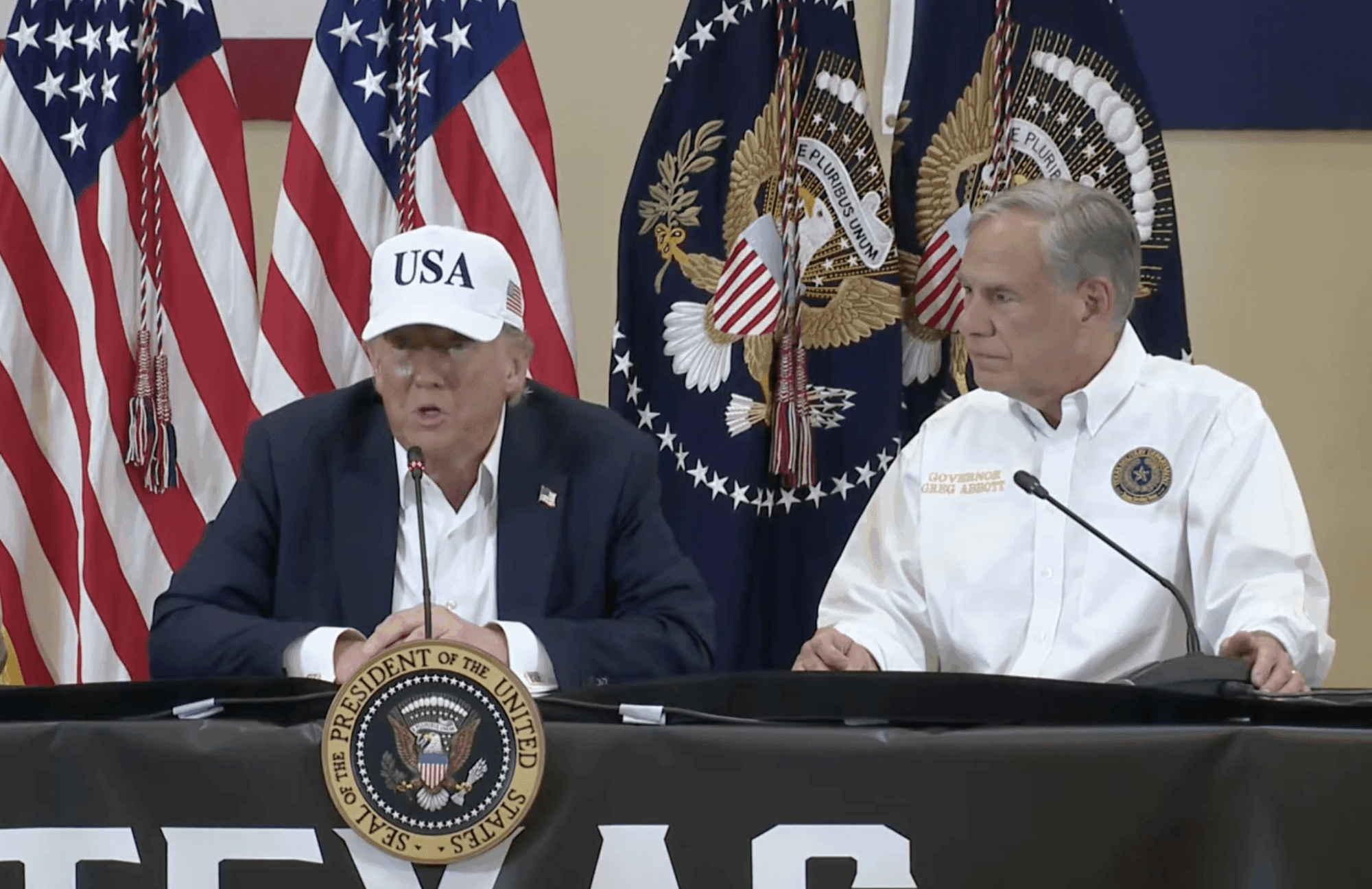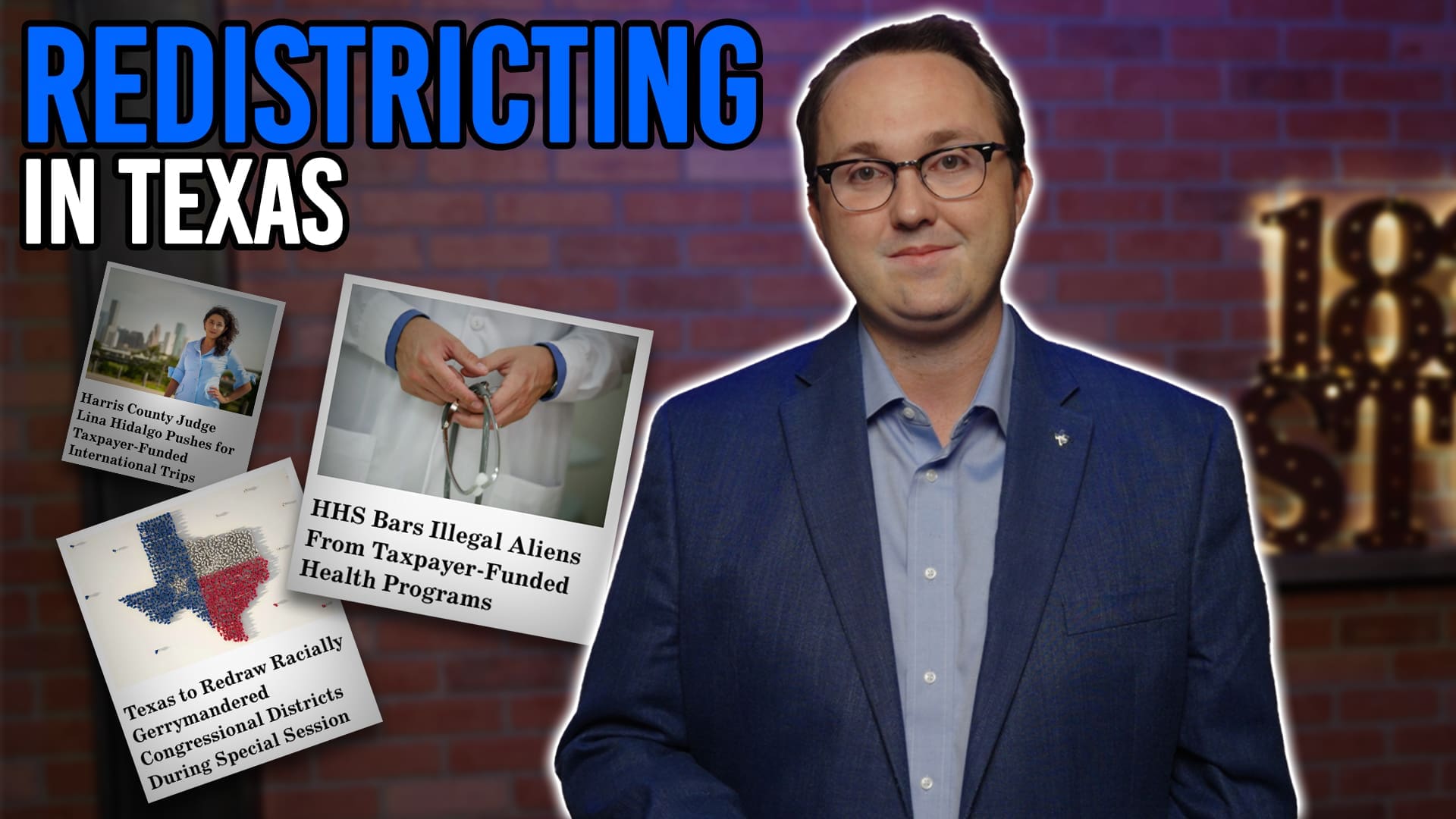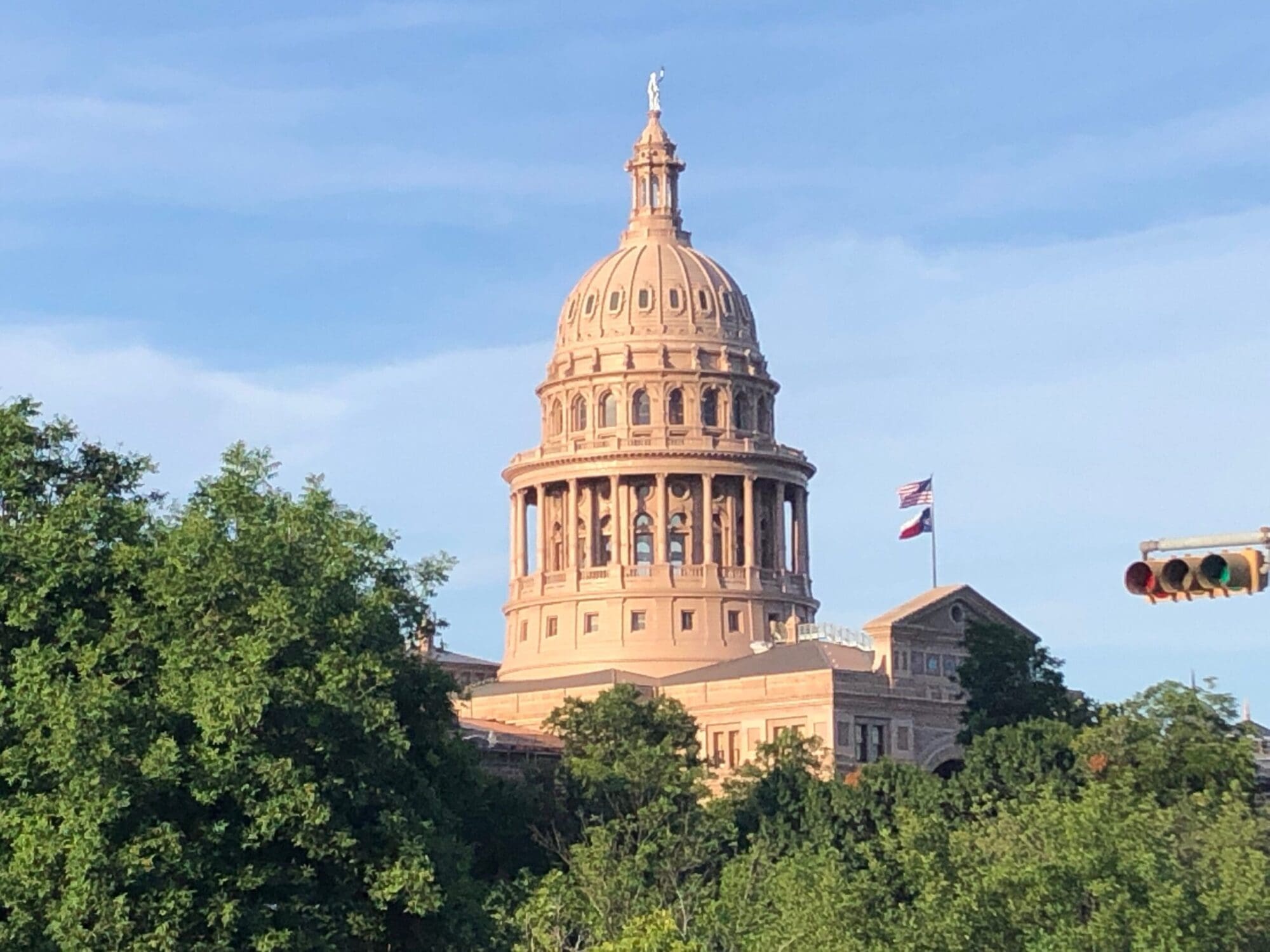Texas House video of State Rep. Lance Gooden’s attempt to add earmarks to the budget may be legally off-limits to his primary opponent, but that doesn’t change the fact he tried to increase pork spending at a time when taxpayers were calling for cuts.
The amendment in question called for an additional $2.5 million for the University of Texas at Tyler. Mind you, Gooden was seeking an increase in general revenue spending while other legislators were looking to cut spending.
And UT-Tyler isn’t even in his district!
Thankfully, Taxpayer Champion Jodie Laubenberg was quick to call out Gooden’s irresponsible amendment from the House chamber’s back-mic:
Gooden spent most of last session sitting on his hands in the Appropriations Committee doing nothing to push for reform. And while liberals cried for more revenues and use of the Rainy Day Fund, he was asking for earmarks.
Mr. Gooden has made it perfectly clear he has little interest in protecting taxpayers. He’s even on record openly supporting gambling in Texas, despite the growth in government and net loss in revenue it would actually cause for the state.

State Rep. Lance Gooden (R - Terrell)
These are just but a few instances of Mr. Gooden’s lackluster performance – one that earned him a D+ on our Fiscal Responsibility Index.
Thanks to a ridiculous legal provision created by the Texas Legislature, Gooden’s primary challenger Stuart Spitzer was forced to stop showing video archives of Gooden’s earmark attempt because audio or video materials produced by the legislature cannot be used in political advertising.
Essentially, anything said on the floor of the House or Senate can’t be reproduced and used by campaigns. That’s incumbents trying to shield themselves from their record. They don’t want voters knowing how they vote or what they say.
Legislators should not be able to insulate themselves from transparency simply because it’s inconvenient to their re-election efforts. Such laws do nothing but prevent taxpayers from holding their legislators accountable.
The House ultimately voted down Gooden’s earmark by a vote of 103-30. Taxpayers should do the same to Gooden’s political career.
Transcript:
THE CHAIR: Ms. Laubenberg, for what purpose?
REPRESENTATIVE JODIE LAUBENBERG: Would the gentleman yield, please?
REPRESENTATIVE LANCE GOODEN: Yes, ma’am.
THE CHAIR: Gentleman yields.
REPRESENTATIVE JODIE LAUBENBERG: Representative Gooden?
REPRESENTATIVE LANCE GOODEN: Yes, ma’am.
REPRESENTATIVE JODIE LAUBENBERG: I hate to bring this up, but this is looking like an earmark.
REPRESENTATIVE LANCE GOODEN: It is an amendment — I consider it an earmark to be something you would maybe slip into committee. But I’m bringing it to the full House and I will let the House decide whether or not this is an earmark.
REPRESENTATIVE JODIE LAUBENBERG: It is indeed an earmark, isn’t it?
REPRESENTATIVE LANCE GOODEN: It’s an amendment that benefits a big — big, vast area of east Texas that many of us represent here, and I think it would be good for this state because what they find in this program will benefit all of us. And it’s a response to the governor’s charge to save money in higher education.
REPRESENTATIVE JODIE LAUBENBERG: I understand. But it is coming out of general revenue and…
REPRESENTATIVE LANCE GOODEN: It is coming out of general revenue, yes.
REPRESENTATIVE JODIE LAUBENBERG: Okay. Thank you.





